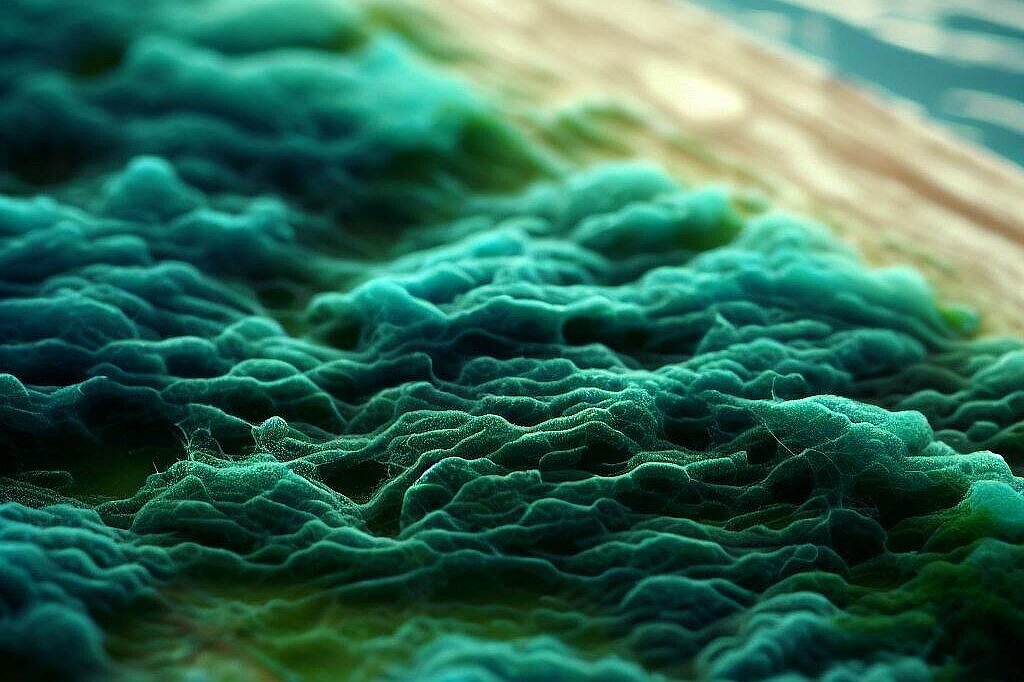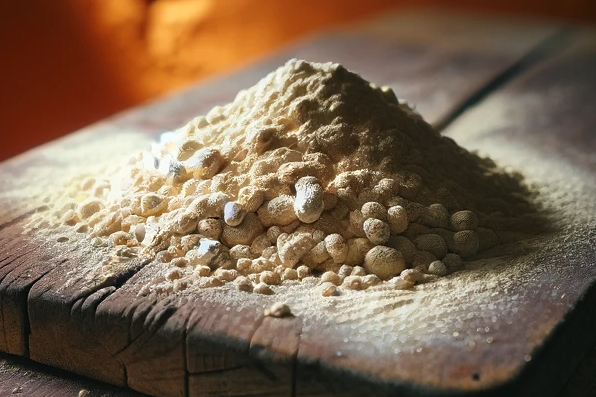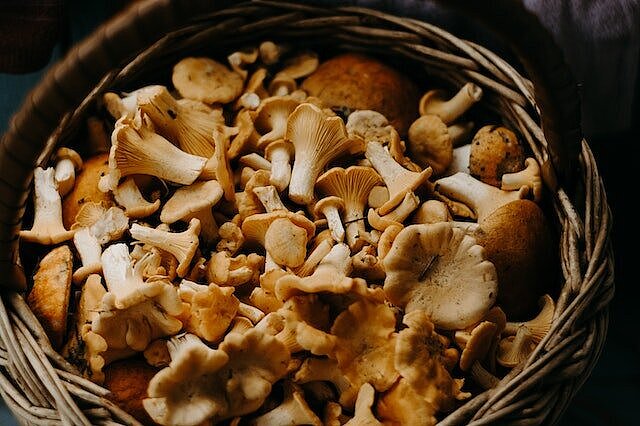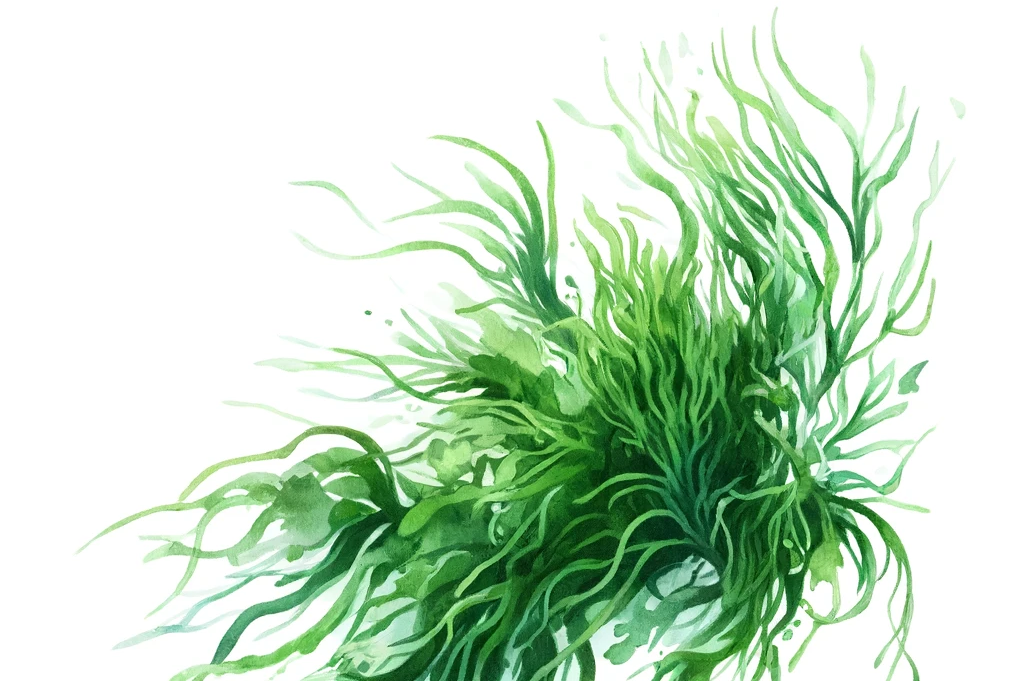Microorganisms
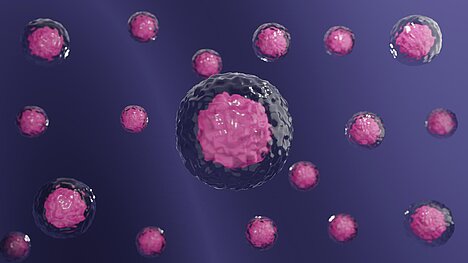
Microorganisms are small creatures that are found everywhere in nature. They are not only important for humans, but also for your dog. In this article, you will find out what microorganisms are, what functions they have in the dog's body and how you can use them as food supplements.
What are microorganisms?
Microorganisms are tiny organisms that cannot be seen with the naked eye. They belong to different groups, such as bacteria, fungi, algae or yeasts. Some microorganisms are harmful and can cause disease, others are beneficial and promote health.
Many different microorganisms live in your dog's intestines, which together form the intestinal flora. The intestinal flora is important for your dog's digestion, immune system and well-being. A healthy intestinal flora consists of a balance of good and bad microorganisms.
What are the benefits of microorganisms for dogs?
Microorganisms can be used as food supplements for dogs to support or improve the intestinal flora. There are two types of feed supplements with microorganisms: prebiotics and probiotics.
Prebiotics are indigestible substances that serve as food for the good intestinal bacteria. They can promote the growth and activity of beneficial microorganisms and thus improve intestinal health. Prebiotics are found in many plant-based foods, such as carrots, chicory and apples.
Probiotics are live or viable microorganisms that are given to the dog with the food. They can colonize the intestines and positively influence the balance of the intestinal flora. Probiotics can consist of different strains of bacteria, which can have different effects.
The benefits of prebiotics and probiotics for dogs can include
- Improving digestion and bowel movements
- Strengthening the immune system and defenses
- Relief of gastrointestinal complaints such as diarrhea or flatulence
- Support for chronic diseases such as allergies or diabetes
- Promotion of coat and skin condition
What are the disadvantages of microorganisms for dogs?
Microorganisms as food supplements for dogs are generally well tolerated and have few side effects. However, there are a few points to bear in mind before using them:
- Not all microorganisms are the same: There are different types and strains of microorganisms that can have different effects. You should therefore always pay attention to the quality and composition of the products and seek advice from your vet if necessary.
- Not all dogs need microorganisms: If your dog has a healthy intestinal flora, it does not need additional microorganisms. An overdose can unbalance the intestinal flora and lead to digestive problems. You should therefore always adhere to the recommended dosage and limit the duration of use.
- Not all dogs tolerate microorganisms: As with any food supplement, intolerances or allergies can also occur with microorganisms. If your dog shows signs of discomfort, such as vomiting, diarrhea or itching, you should discontinue use and consult a vet.
Microorganisms are small creatures that play an important role in your dog's health. They can be used as food supplements for dogs to support or improve the intestinal flora. Prebiotics and probiotics are two types of feed supplements with microorganisms that can have different benefits.
If you notice any signs of hypersensitivity or poisoning in your dog, you should see your vet immediately. We are not a substitute for a vet, but we try to be as accurate as possible. Every dog reacts differently and we recommend you get a second opinion or consult your vet if in doubt.
Stay healthy and take good care of your four-legged friend!😊
Similar to Microorganisms
Cyanobacteria are microorganisms that photosynthesize and produce oxygen. They are among the oldest life forms on earth and come in different shapes and colors. Some cyanobacteria form long...
Yeast is a microorganism that belongs to the fungi. It feeds on sugar and produces carbon dioxide and alcohol in the process. This process is called fermentation and is responsible for the rising of...
Some dogs have a preference for mushrooms and like to nibble on them. This can be dangerous, as not all mushrooms are safe for dogs. Some types of mushrooms can cause severe poisoning, which can...
There are many different types of algae that you can give your dog as a dietary supplement. They can bring many benefits to your dog, for example: Spirulina algae is one of the best known and most...
